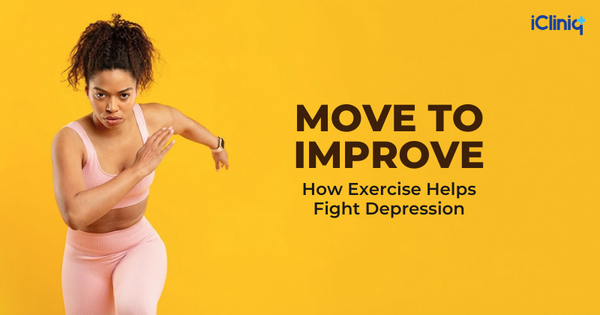Healthiest Foods for Women

Women have to manage their job, home, and relationships, while dealing with mood swings, energy drains, cramps, and headaches almost every day. While it might not be possible to eliminate all these stressors, controlling your diet can protect you from various future health concerns, such as diabetes, breast cancer, heart disease, osteoporosis, fertility problems, and premature aging.

Diet has a principal role to play in living a longer and healthier life. Both men and women need to consume foods rich in vitamins, minerals, and nutrients, but men’s and women’s dietary requirements are not the same. Men and women both have varying metabolic rates, body structures, and reproductive functions. Men have more muscle mass and a high metabolic rate; therefore, they need to consume more calories. And women bleed every month during their menstrual cycles and also nurture and deliver babies, so they require more vitamins and minerals. We have listed five food items that all women should include in their diet to stay fit.
1) Fatty Fish

Eating fatty fish like salmon, mackerel, or sardine once or twice every week is necessary for every woman. Fatty fish are rich in iron, which is a well-known nutrient deficiency in menstruating women. It is stuffed with omega-3 fatty acids that protect us from several health issues. Consuming fatty fish reduces the risk of heart problems, stroke, hypertension, depression, lupus, rheumatoid arthritis, Alzheimer’s disease, and joint pain.
2) Milk and Yogurt

Calcium deficiency is another primary health concern amongst women worldwide. Both milk and yogurt are a great source of calcium, which is essential for your bone health. It is vital to have three to five servings of milk or yogurt every week. Yogurt is good for your gut health and the proper absorption of food. They also contain magnesium and potassium that are good for your blood pressure. Yogurt can reduce the risk of breast cancer, irritable bowel disease, stomach ulcer, and vaginal infection in women.
3) Flaxseeds

Flaxseeds are high in omega-3 fatty acids, fiber, magnesium, protein, calcium, phosphorus, minerals, and other nutrients. Regular consumption of these tiny brown seeds may help regularize your periods and provide relief from other menstruation-linked symptoms. They also help reduce the level of triglycerides in the blood and decrease heart attack risk. Flaxseed oil should not be used by pregnant women, particularly in their second or third semester, due to the risk of premature birth and low birth weight.
4) Beans

Beans contain proteins and fibers with very low fat. They are packed with compounds like protease inhibitors that prevent breast cancer by inhibiting cancer cells’ division, thereby preventing tumor formation and other heart diseases. Beans will also help in reducing the levels of bad cholesterol. They also play a crucial role in stabilizing women’s hormones by a nutrient called isoflavone, thus reducing perimenopausal or menopausal symptoms. Including beans in your diet can lower your bad cholesterol level with the help of soluble and insoluble fibers present in it.
5) Tomatoes

Tomatoes contain Lycopene, a carotenoid which is the powerhouse nutrient that provides the fruit its red color. This Lycopene can protect a male from prostate cancer and a woman from breast cancer. Tomatoes are also stuffed with antioxidants that protect the cell from damage due to UV (ultraviolet) radiation from the sun and reduces the hazard of heart issues in women.

Content published on this website is not intended to be a substitute for professional medical diagnosis, advice or treatment by a trained physician. Seek information from your physician or other qualified healthcare providers with questions you may have regarding your symptoms and medical condition for a complete medical diagnosis. Do not delay or disregard seeking professional medical advice because of something you have read on this website.





